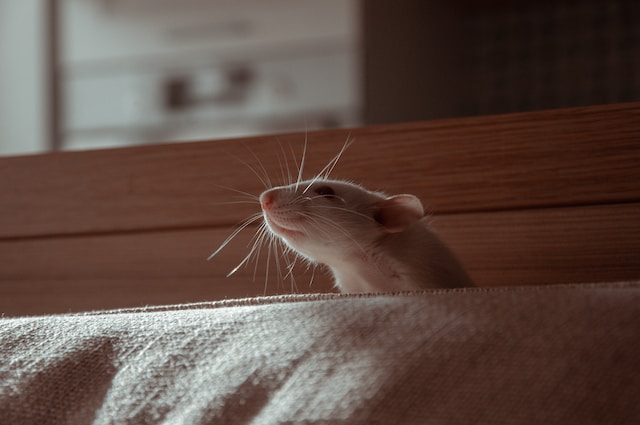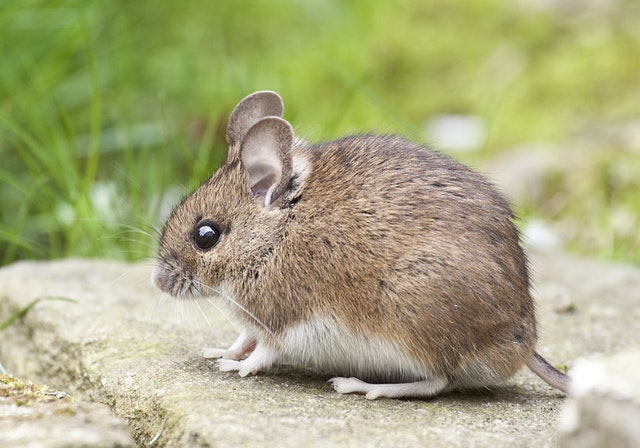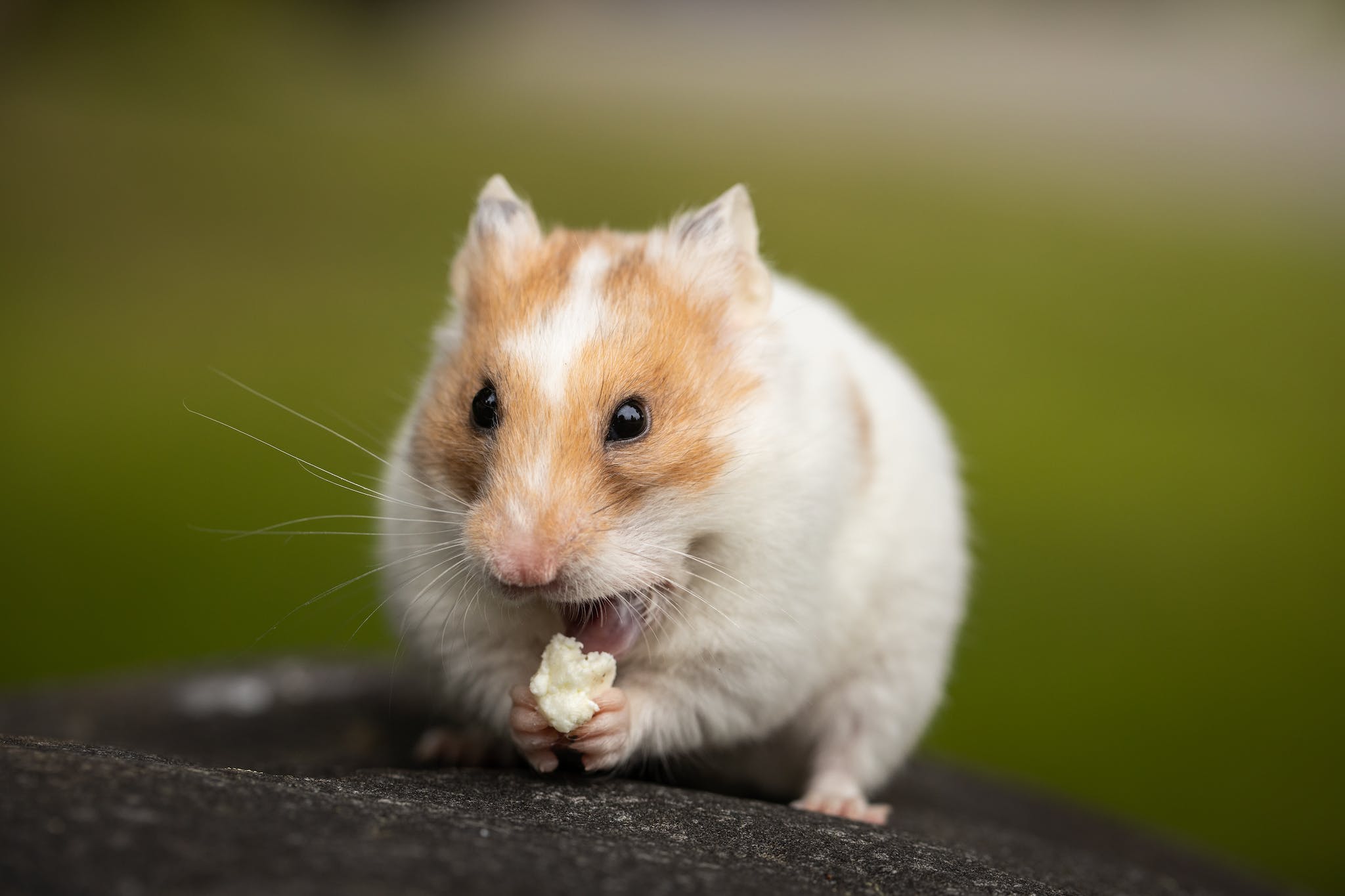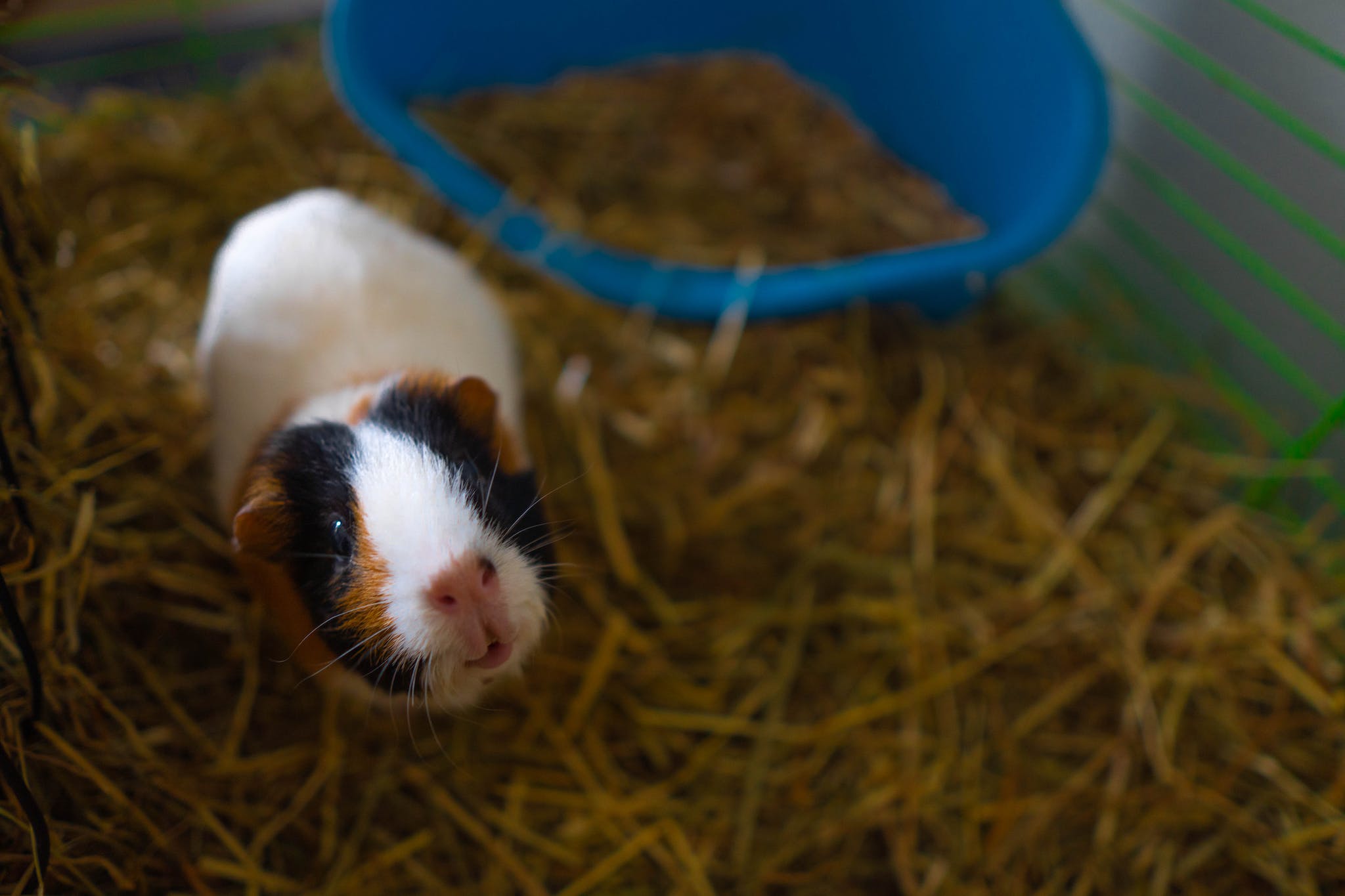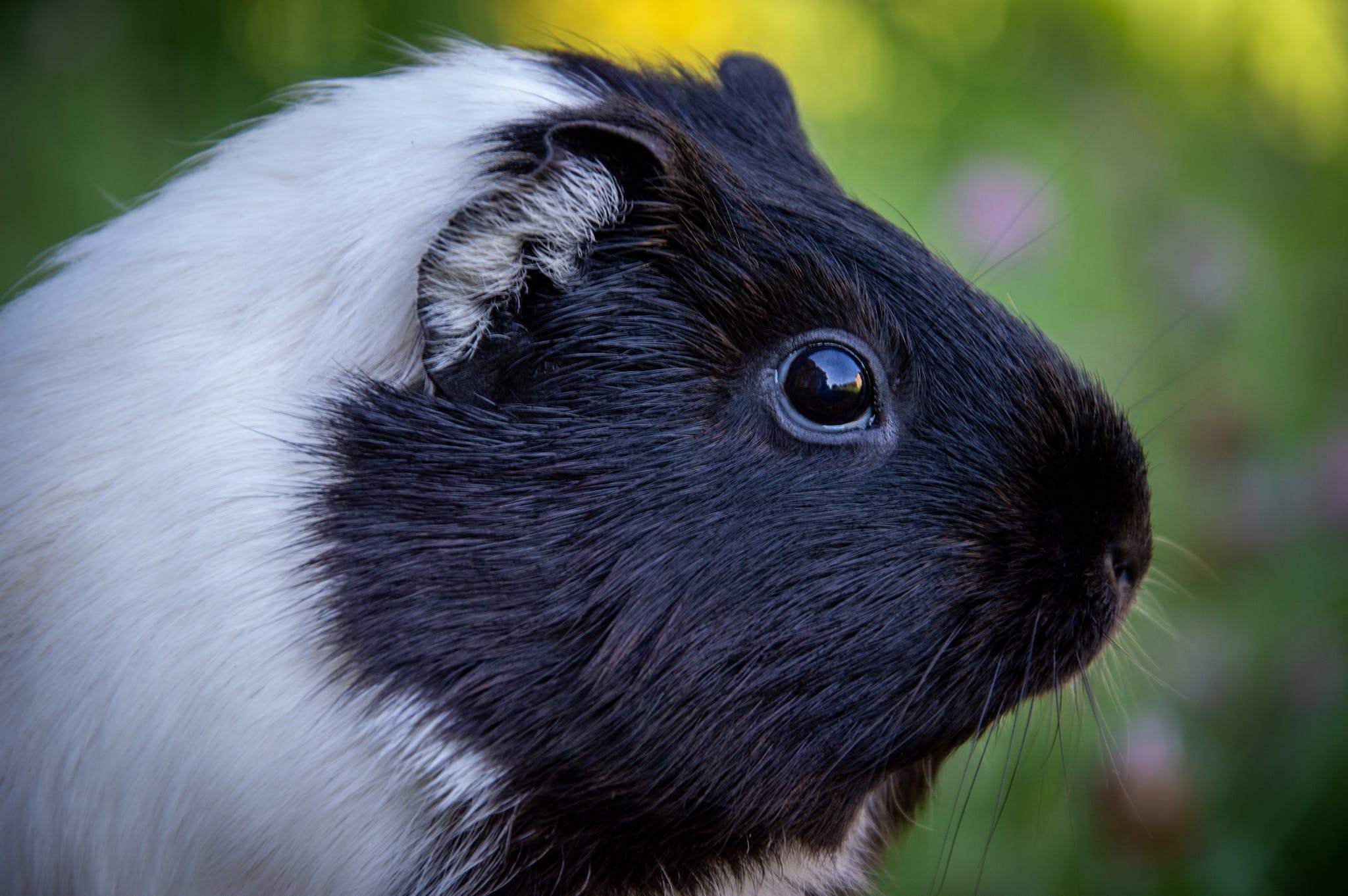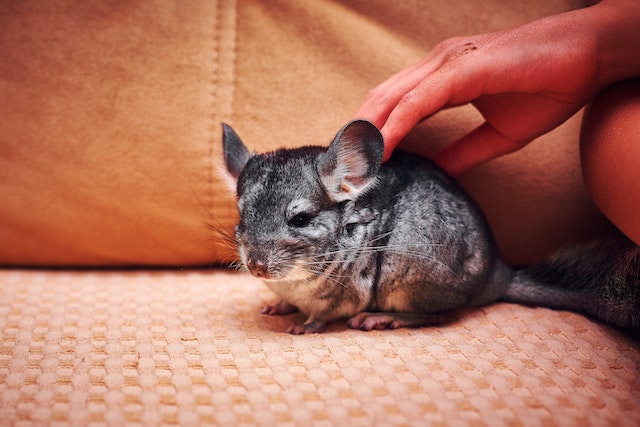Ouch! How To Stop Pet Rat Bites
There are some affiliate links below, but they are all products I highly recommend. For more info, view my disclosure here.
Pet rats can make wonderful companions, providing their owners with hours of entertainment and affection. However, their biting behavior can be a concern for many rat owners, leaving them frustrated and unsure of how to stop this behavior.
In this article, we will explore the various reasons why pet rats bite and provide tips and tricks for stopping this behavior.
Firstly, we will delve into the biological reasons for biting, including the territorial and defensive instincts of rats. We will then discuss preventative measures that rat owners can take to minimize biting behavior, such as proper socialization, training, and providing a suitable environment.
Additionally, we will provide effective training techniques for correcting biting behavior, including positive reinforcement and redirection. Lastly, we will discuss the importance of seeking veterinary help for any underlying medical issues that may be contributing to biting behavior.
By the end of this article, rat owners will have a comprehensive understanding of how to stop pet rat bites and how to maintain a happy and healthy relationship with their furry companions.
Reasons for Biting
The article provides a comprehensive list of reasons why pet rats may bite.
One of the main reasons is fear, which can be caused by loud noises, sudden movements, or unfamiliar human contact. Additionally, rats with poor eyesight, such as pink-eyed rats, may become easily frightened and bite as a result.
Other factors that can contribute to biting behavior include learned behavior, illness, injury, and hormones. Rats may learn to bite if they have been rewarded for the behavior in the past, or if they have not been socialized properly.
Illness or injury can also cause rats to become more aggressive, while hormonal changes may lead to territorial or dominance-related biting. By understanding the various reasons why pet rats may bite, owners can take steps to prevent the behavior and address any underlying issues.
Preventing Biting Behavior
Preventing biting behavior in pet rats involves understanding the various factors that may contribute to this behavior, such as fear, lack of socialization, and territorial responses.
One important step in preventing biting behavior is through trust training, which involves offering food, using high-pitched sounds, and handling rats with gloves.
It is also important to spend time with rats, allowing them to become more social and less fearful of human contact. Additionally, pet rats should be introduced to new environments and stimuli gradually to avoid overwhelming them.
Providing companionship for pet rats is also crucial in preventing biting behavior. Rats are social animals and thrive in the company of other rats. Introducing a new rat to an existing rat can help both animals learn from each other and form social bonds.
It is also important to avoid wrestling with pet rats using hands and instead use a feather or stuffed animal to play with them.
Overall, preventing biting behavior in pet rats requires patience, understanding, and a commitment to building trust and socialization with these animals.
Training Techniques
Training techniques for pet rats can be effective in reducing biting behavior. Trust training involves offering food, using high-pitched sounds, and handling rats with gloves to help them learn that human contact is not a threat.
Gradual exposure to new environments can also help rats become less fearful and aggressive. This can be accomplished by introducing new toys, hiding treats, and slowly increasing playtime outside of the cage.
Providing companionship with other rats can also help rats learn social behavior and reduce territorial responses. Introducing new rats to an existing rat can provide an opportunity for them to learn from each other and develop trust.
It is important to remember that training techniques for pet rats take time and patience. Repetition of techniques on a daily basis for several weeks can help to see progress.
Not all rats enjoy being petted, so it is important to observe their body language and respect their boundaries. Wrestling with rats using hands is discouraged to prevent bites. Instead, using a feather or stuffed animal can be a safer alternative.
Communication with pet rats is crucial to help them understand that humans are not a threat. Spending time with rats away from their cage can also help them depend on humans more for protection.
Seeking veterinary help is advised to rule out any physical problems that may be causing biting behavior.
Seeking Veterinary Help
Seeking veterinary help is an important step in addressing potentially underlying physical issues that may be causing biting behavior in pet rats. Some pet rats may bite due to illness or injury, so it is important to have a veterinarian experienced with rats examine them.
Additionally, hormonal changes can also lead to aggression in male rats, and neutering may be recommended to reduce aggressive behavior. Regular wellness checkups can help catch health concerns early and prevent biting behavior from developing or worsening.
It is important to observe your pet rat’s behavior and seek veterinary help when needed to rule out any physical problems that may be causing biting behavior. In some cases, a change in environment or a lack of socialization may lead to biting behavior, but there may also be underlying health issues that need to be addressed.
A veterinarian experienced with pet rats can provide guidance on how to address biting behavior and make recommendations for behavior modification techniques. By addressing underlying physical issues and seeking professional help, pet rat owners can take steps to help their pets stop biting and improve their overall well-being.
Read Next: Why Pet Rats Make Awesome Pets
